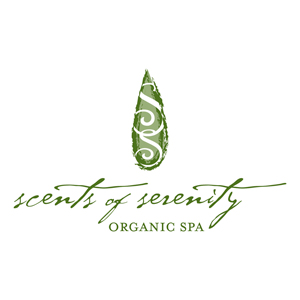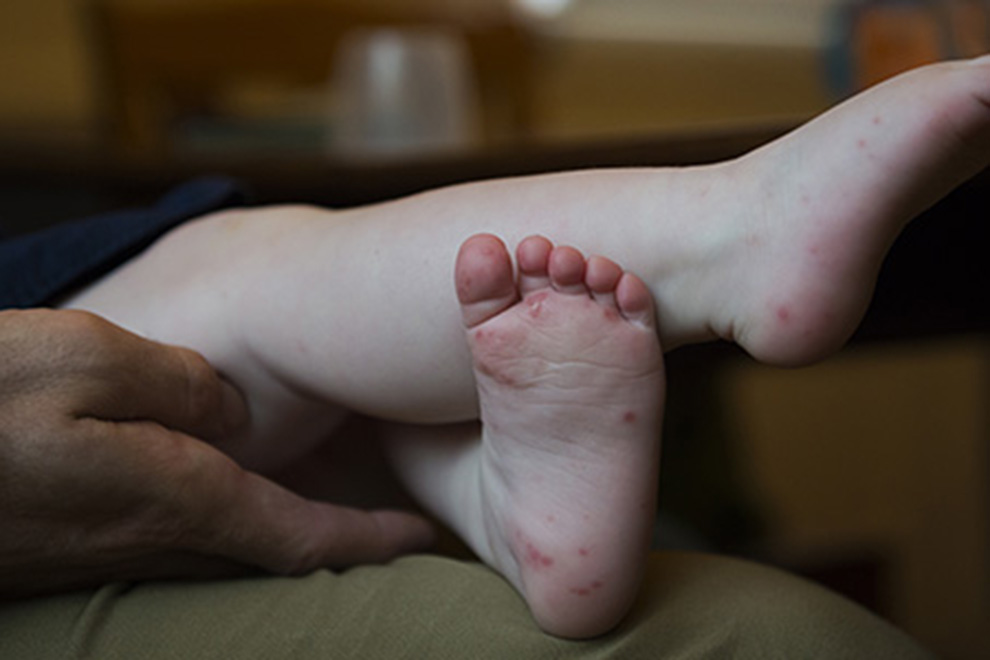Most people have experienced acne to some degree, whether it’s an occasional pimple, or full-blown breakouts with cysts and lesions. If you suffered from acne as a teenager, you know the physical, as well as emotional pain that is often felt. Teens struggle with acne for multiple reasons including hormonal changes associated with puberty, physical activity such as sports, and improper skincare habits in general.
Helping your child develop a good skincare regimen early is important, not only to prevent acne, but also to minimize the damage that acne can cause. Left untreated, or improperly addressed, acne can lead to scarring – of the skin and the psyche.
The first step in preventing and controlling acne is cleansing. Traditional bar soaps tend to be very harsh on the skin, and dry out the skin on your face without fully cleaning it. Find a good cleanser that has a probiotic, and be sure to wash your face at least twice a day, morning and night. Acne sufferers tend to have high amounts of Propionibacterium acnes bacteria, or P. acnes for short, which gets clogged in the hair follicles. P. acnes bacteria exists naturally on the face, but during puberty, an uptick in oil production in glands can lead to an increase, resulting in cysts and pimples. A good facial cleanser with a light exfoliant will help to flush those follicles, clearing dead skin and other material that may get clogged. Using a probiotic cleanser is good, as the probiotics will nourish the good bacteria.
Important to note for acne-prone skin: Using harsh cleansers such as alcohol or benzyl peroxide are not recommended. They can be very irritating to already inflamed skin, and do not effectively address the root cause of acne, instead drying the surface of your skin. If your skin is overly dry, the same glands that clog pores and hair follicles are signaled to produce more oil, making acne worse.
The next step in good skincare is to moisturize. Acne sufferers are often afraid of moisturizers, thinking it makes their skin oilier. The right moisturizer does just the opposite. After properly cleansing the skin, moisturizing will provide healthy nutrients to the skin, protecting from irritants and inflammation, as well as signaling those same glands to limit their oil production. Ingredients such as cucumber, tea tree, and white willow bark are excellent for soothing irritated skin, and also have anti-bacterial properties, which are great for those with acne. A tip I like to recommend? Keep your moisturizer in the refrigerator; the cold will feel great against inflamed skin.
When looking for a moisturizer, find one with SPF of fifteen or higher. This will help protect the skin from sun exposure, which can also increase inflammation. An SPF is recommended year-round; the sun doesn’t take time off just because it’s cooler outside. Many people that experience acne feel like their skin can’t breathe, or that their face actually feels very warm. That’s due to clogged pores. Cleansing and moisturizing together will help relieve that stuffiness, and bring down inflammation. Natural ingredients such as arnica and chamomile are excellent for calming the skin.
Acne can be tough for someone regardless of his or her age, but with good skincare habits, the amount and severity of breakouts can be minimized greatly.





